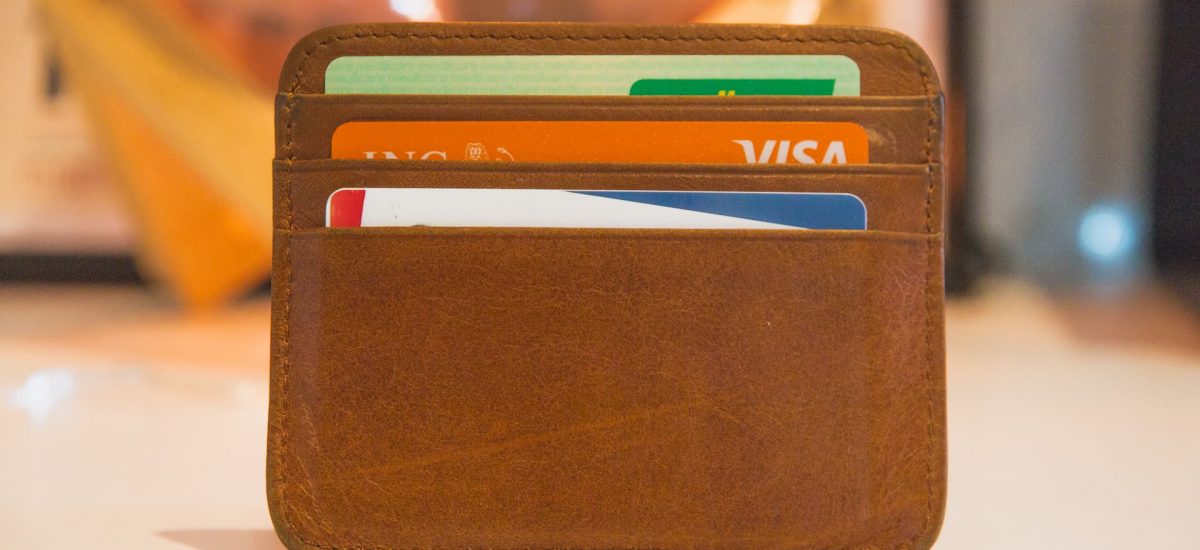Banks in Serbia are independent in their pursuit of profit-oriented business activities based on the principles of solvency, profitability and liquidity. Banking system of the Republic of Serbia consists of the central bank or the National Bank of Serbia (NBS) and commercial banks.
The National Bank of Serbia is independent and autonomous in carrying out its tasks laid down by the NBS Law and other laws, and is accountable for its work to the National Assembly of the Republic of Serbia. Its primary objective is to achieve and maintain price stability. Without prejudice to its primary objective, the NBS also contributes to maintaining and strengthening of the stability of the financial system.
List of banks in Serbia authorized for performing international operations
- Addiko Bank AD Beograd;
- AIK Banka AD Beograd;
- Alta Banka AD Beograd;
- API Bank AD Beograd;
- Banca Intesa AD Beograd;
- Banka Poštanska Štedionica AD Beograd;
- Bank of China Srbija AD Beograd;
- Credit Agricole Banka Srbija AD Novi Sad;
- Direktna Banka AD Kragujevac;
- Erste Bank AD Novi Sad;
- Eurobank AD Beograd;
- Expobank AD Beograd;
- Halbank AD Beograd;
- Komercijalna Banka AD Beograd;
- Mirabank AD Beograd;
- Mobi Banka AD Beograd;
- MTS banka AD Beograd;
- NLB Banka AD Beograd;
- Opportunity Banka AD Novi Sad;
- OTP Banka Srbija AD Beograd;
- ProCredit Bank AD Beograd;
- Raiffeisen Banka AD Beograd;
- Sberbnk Srbija AD Beograd;
- Srpska Banka AD Beograd;
- UniCredit Banka Srbija AD Beograd;
- Vojvođanska Banka AD Novi Sad.
Representative offices of foreign banks
Beside banks that are registered in Serbia, several foreign banks registered its representative offices in Serbia. Those banks are:
- Atlas Banka AD Podgorica;
- Citibank N.A., South Dakota;
- Commerzbank AF., Frankfurt/Main;
- Deutsche bank Aktiengesellschaft, Frankfurt/Main;
- Eximbank Zrt.
If you want to start a business in Serbia, either through company formation or through registration of branch or representative office, you will have to open a bank account in one of the stated authorized commercial banks.
In addition to this these banks provide services such as opening a banks account of non-resident legal entity or natural person.
For more information on banking system in Serbia and on how to open a bank account for resident or non-resident contact Asst Office team.




